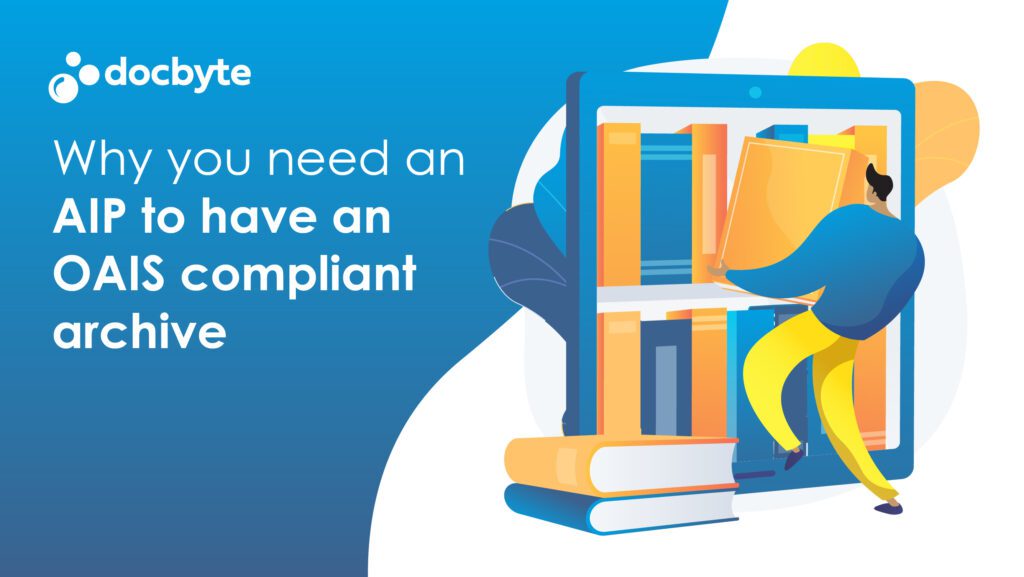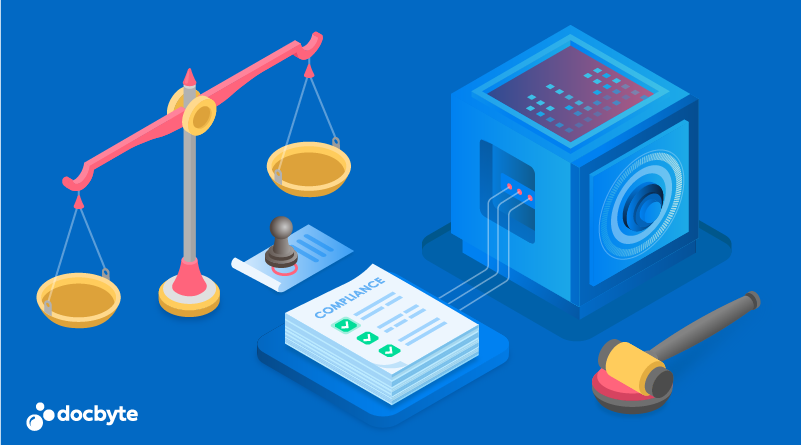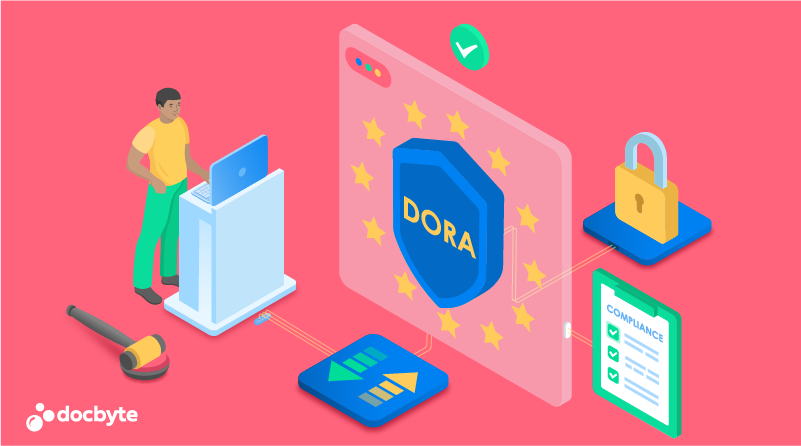Managing and preserving data for long-term access becomes crucial in the information age, where vast amounts of data are created daily. Understanding and implementing the Open Archival Information System (OAIS) and compliant archiving is fundamental in heavily regulated sectors. In this article, we will discuss the OAIS model, the importance of Archival Information Packages (AIP) in maintaining OAIS-compliant archives, and general archival information pertinent to ensuring the longevity and accessibility of digital records.
What is OAIS?
This International Standard establishes the reference model for an open archival information system (OAIS), defining it as an organisation dedicated to preserving information for a specified community. It emphasises collaboration in standard development but doesn’t imply unrestricted access. The Standard provides a framework for understanding archival concepts, enables non-archival organisations to engage in preservation, facilitates comparisons of archive architectures, and guides the development of Long-Term Preservation strategies. It also supports consensus on digital information preservation, encourages a larger market, and directs the creation of OAIS-related standards. Detailed scope and application information is available in subclauses 1.1 and 1.2 of the accompanying CCSDS publication.
The OAIS Model
The OAIS model outlines several key concepts and roles. It broadly defines ‘archival information’, including data preserved by the archive and the metadata necessary to understand the data (context and structure). At its core, the OAIS model lays out six primary responsibilities.
[ADD IMAGE OF OAIS MODEL]
- The Ingest Functional Entity, labelled ‘Ingest,’ manages the acceptance of Submission Information Packages (SIPs) from Producers, conducts quality assurance, and creates Archival Information Packages (AIPs) adhering to the Archive’s standards. Its functions ensure the seamless preparation and storage of content within the Archive.
- The Archival Storage Functional Entity, identified as ‘Archival Storage,’ is responsible for storing, maintaining, and retrieving Archival Information Packages (AIPs). Its functions encompass receiving AIPs from Ingest, adding them to permanent storage, managing the storage hierarchy, refreshing storage media, conducting error checks, ensuring disaster recovery, and delivering AIPs for Access orders.
- The Data Management Functional Entity, denoted as ‘Data Management,’ is responsible for populating, maintaining, and accessing Descriptive Information and administrative data within the Archive. Its functions encompass administering the Archive database, performing updates, executing queries, and generating reports from the data management data.
- The Administration Functional Entity, labelled ‘Administration,’ manages the overall operation of the Archive system, including negotiating submission agreements, auditing submissions, maintaining system configuration, conducting engineering for improvement, monitoring inventory, and providing customer support. It is also responsible for establishing and maintaining Archive standards and policies.
- The Preservation Planning Functional Entity, labelled ‘Preservation Planning,’ safeguards long-term accessibility and comprehension of OAIS-stored information. Its functions include evaluating Archive contents, recommending updates and migrations, developing standards, providing risk analysis reports, monitoring technology changes, and designing Information Package templates. Additionally, it contributes to the Administration’s migration goals through detailed plans and prototypes.
- The Access Functional Entity, identified as ‘Access,’ facilitates Consumers in discovering, describing, locating, and accessing information within the OAIS. Its functions include receiving and processing Consumer requests, implementing access controls, coordinating request execution, generating responses such as Dissemination Information Packages, query responses, and reports, and delivering these responses to Consumers.
By fulfilling these responsibilities, an organisation can be considered OAIS compliant. Such compliance indicates to stakeholders that the organisation has a robust system for reliably preserving digital information.
Why You Need an AIP to Have an OAIS-Compliant Archive
Key to the OAIS model is the concept of the Archival Information Package (AIP). An AIP is a compilation of a data object, its descriptive metadata, and any other materials necessary to preserve its information content sustainably. It encapsulates everything needed to manage, reference, and understand the dataset. The importance of AIPs in OAIS-compliant archiving can’t be overstressed — they form the backbone of the archiving system, ensuring that data remains authentic, reliable, and usable.
What OAIS (With AIP) Compliant Means
Being OAIS compliant means adhering to standards for how data and metadata are packaged and maintained. The compliance ensures that the data is stored in a consistent, sustainable format that future technologies can access and understand. This involves documenting the data’s provenance, creation methods, and change history, among other critical metadata.
General Archival Information
Apart from understanding the OAIS model and the significance of AIPs, grasping additional archival information is essential for professionals responsible for digital preservations. This extra information is critical for the following points:
- Sustainability and Scalability: The archive system must grow and adapt to technological changes without compromising the integrity of the stored data.
- Legal and Ethical Considerations: Archivists must comply with copyright, privacy laws, and ethical data usage and access standards.
- Preservation Methods: It is critical to be familiar with various preservation strategies, such as using trusted digital repositories, periodic media refreshments, and technology migration.
Conclusion
Being versed in OAIS-compliant archiving is paramount to ensuring the long-term preservation and accessibility of digital information. By leveraging the OAIS model and solidifying OAIS-compliant archives, data managers and archivists can safeguard the information’s lifespan amid ever-evolving technological landscapes. OAIS compliance is a technical achievement and a commitment to preserving the past and ensuring the future’s intellectual heritage.
Remember:
- Understand and implement the OAIS model to ensure data preservation.
- Ensure OAIS compliance for long-term data integrity and accessibility.
- Keep general archival information to remain compliant with evolving standards.
By arming your archival practices with OAIS compliance, you are taking a significant step towards responsible and sustainable data management.






